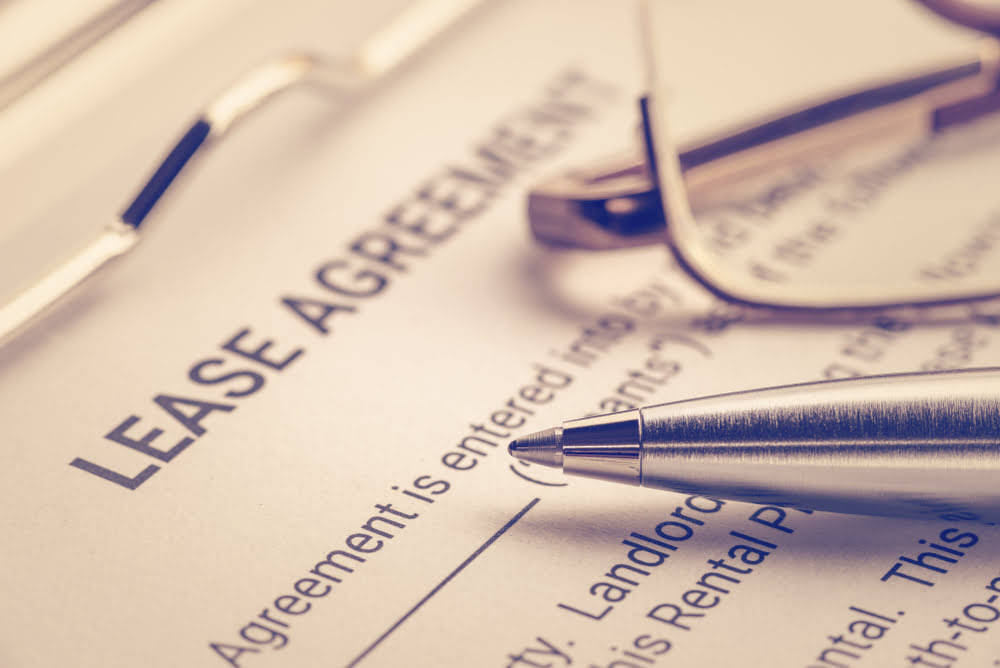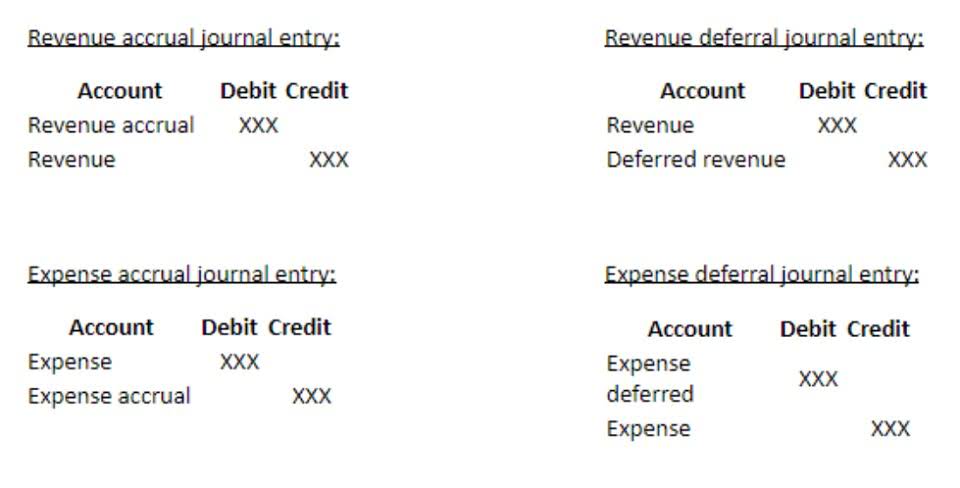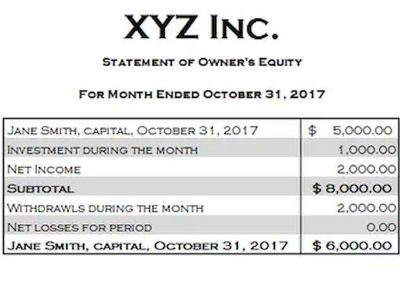
Business owners typically deduct costs for property and equipment that are used for the business, which reduces their tax bills. Owners might also claim deductions for the depreciation of property or equipment, or they might amortize costs like franchise fees. Keep deeds for property and titles to vehicles among these records. Their team can also help you with your personal tax returns, too. You can explore their plans with totally transparent pricing by following the link below, and for a limited time, you can try their online bookkeeping service free for one month. The period of limitations begins on either the date of your previous tax return or the tax return due date, whichever comes first.
Be sure to check the terms of each account to see how long they keep historical records. If it’s shorter than 7 years, you may need to download and save an annual statement in order to have it on hand for tax recording. Bank statements, credit card statements, canceled checks, paid invoices, and other how long to keep business records financial information quickly pile up. Experts advise that you keep these documents for at least seven years after an employee leaves or is fired. In addition, if an employee was injured on the job, you should keep any related records for up to ten years after worker’s compensation was paid.
Credits & Deductions
Your insurance company may require you to keep records for longer periods in case of a claim, and some creditors may require you to keep loan documents indefinitely. Maintain documents until you’ve confirmed any requirements with your creditors and insurers. The IRS, however, requires payroll tax records to be stored for four years, and state tax laws may prescribe an even longer retention period. To be safe, it’s best to store all of these records for seven years.
- These include original birth and death certificates, Social Security cards, passports, life insurance documents, and marriage and divorce decrees.
- Mismanaging this information can harm your employees and cause legal problems for your company.
- So if you claim a deduction for a training course or a client lunch, the IRS wants you to keep the details of that — you may be asked about them at a later date.
- This is really just another benefit to keeping digital records.
- A more recent report found that the backlog had ballooned to nearly 24 million returns for the 2021 tax year.
These records can help you guard against future suits and claims against your business. Your best option is to shred any documents that contain sensitive information before tossing them. Either invest in a shredder for your home or utilize a professional shredding service. You will likely pay a fee for this service, but it’s a small price to keep your personal information safe. For your most important documents, a standard filing cabinet might not be enough.
How Long Should You Keep Business Tax Records?
In addition to employee tax information, you should keep all human resources files for any employee, current or former. These records include anything like resumes, job applications and descriptions, performance reviews, and any employee files. You’ll be hanging onto those records indefinitely, as there is no statute of limitations. The IRS can come looking for your records anytime in the future.

The responsibility to substantiate entries, deductions, and statements made on your tax returns is known as the burden of proof. You must be able to prove certain elements of expenses to deduct them. The length of time you should keep a document depends on the action, expense, or event the document records. You must keep your records as long as needed to prove the income or deductions on a tax return.
Business account
Personal identifying information, financial documents, and health records must be securely stored. Mismanaging this information can harm your employees and cause legal problems for your company. Records such as birth and death certificates, marriage licenses, divorce decrees, Social Security cards, and military discharge papers should be kept indefinitely. Also, hold on to any defined-benefit plan documents, estate-planning documents, life insurance policies, and an inventory of what’s inside your bank safe deposit box.
